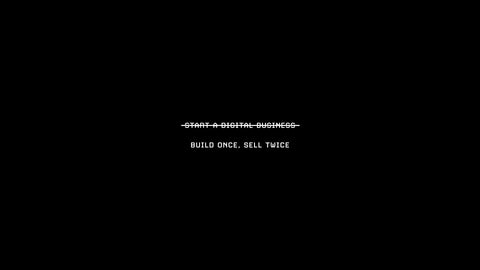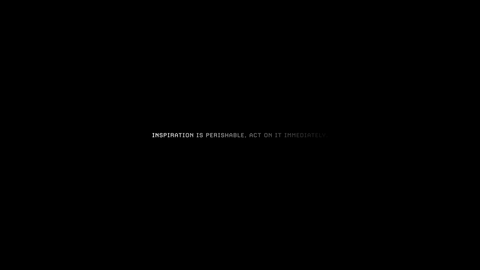What is value?
According to The Oxford Dictionary, it's: "The regard that something is held to deserve; the importance, worth, or usefulness of something."
If we translate that to its application in the real world, it goes a little something like this:
To create value, you can:
- Do things people don't do. (non-specific, $)
- Do things people won't do. (specific, $$)
- Do things people can't do. (ultra-specific, $$$$)
For example:
- Mow lawns. ($, easy)
- Run a lawn mowing service. ($$, difficult)
- Build a home maintenance service marketplace. ($$$$, very difficult)
"You get paid in direct proportion to the difficulty of problems you solve." — Elon Musk
Four ways to think about how value is perceived:
Psychological (make someone feel better)
"Maybe you'll play basketball a bit more like MJ if you buy these shoes with his silhouette on them."
Monetary (make someone more money)
"Give me $100, I'll make some smart investments and give you back $108 next year."
Functional (make someone more competent)
"Pay me a fraction of what it cost me to learn x, and I'll teach you how to do it."
Social (make someone fit in better)
"Join this group of your peers to develop your network and find new opportunities."
All bridges that need building.
For the rest of the playbook on value creation
↓














